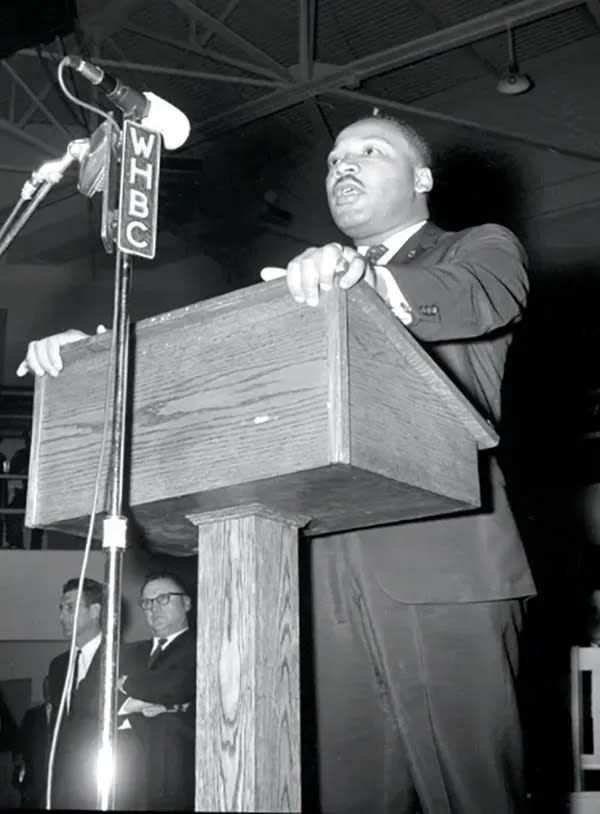Viewpoint: The tension between 'equality' and 'equity'
Imagine a scenario where two students are being given a final exam. The exam has 100 questions, the questions are identical, and both have two hours to complete it. Most people would agree that this exam is being administered equally.
However, what if only one of these students had actually been allowed the opportunity to take the class and study the course materials that this exam covers? Would the two students still be considered to be equal?
In this example resides the tension between equality and equity.
The Equal Protection Clause in the 14th Amendment says that no State shall “deny to any person within its jurisdiction the equal protection of the laws.”
But what exactly does this mean? Equality, for example, places no obligation on state and federal governments other than to ensure that future laws and governmental policies do not discriminate based upon race, whereas equity places an affirmative duty on these governments to also remedy the inequities that legalized racial segregation created.
This tension even became evident during the civil rights movement of the 1960s when dealing with the conflict between de jure (by law) and de facto (by custom) racial segregation. Southern civil rights leaders, like Martin Luther King Jr., could often measure racial progress by seeing both the courts and the Congress nullifying racial segregation laws. But northern leaders, such as Malcolm X, found such progress to be illusory, since the segregation was more by practice, such as redlining and discrimination in hiring and education, and thus there were no laws on the books to be erased.

Dr. King ultimately came to recognize this conflict when he said just months after Malcolm X had been assassinated, “What does it profit a man to be able to eat at an integrated lunch counter if he doesn't earn enough money to buy a hamburger and a cup of coffee?"
So, when you hear politicians say they support equality but not equity, what they are really saying (with apologies to vegetarians) is that “We retain our privilege to eat the hamburgers, while you get to starve.”
Of course, they don’t say it in this manner. Instead, they predictably stigmatize equity initiatives as “Marxist.” Such labeling, as taught in communication theory, is standard operating procedure, because it absolves them from having to justify their belief that efforts to undo the harms wrought by centuries of racial discrimination (both de facto and de jure) and create a better, more just, society is somehow a negative.
I agree that some people are responsible for creating their own problems, and it is frustrating when they expect others to pay for their irresponsibility. But this shouldn’t be used as an excuse to fail to remedy the harm caused by past discrimination and past injustices.
In truth, equity and equality are not opponents, but partners. You have to have the first, before you can truly have the second.
David R. Hoffman is a retired civil rights and constitutional law attorney. He lives in Mishawaka.
This article originally appeared on South Bend Tribune: 'Equality' and 'equity' are partners, not opponents.
